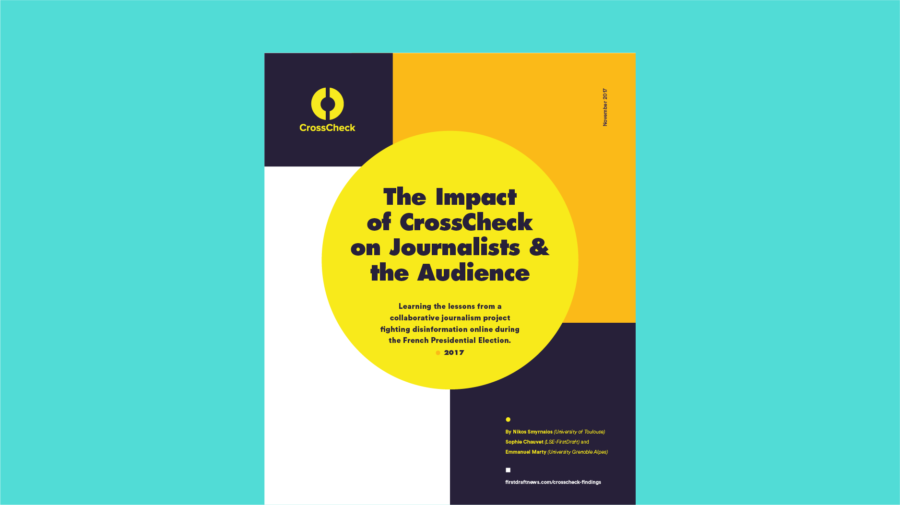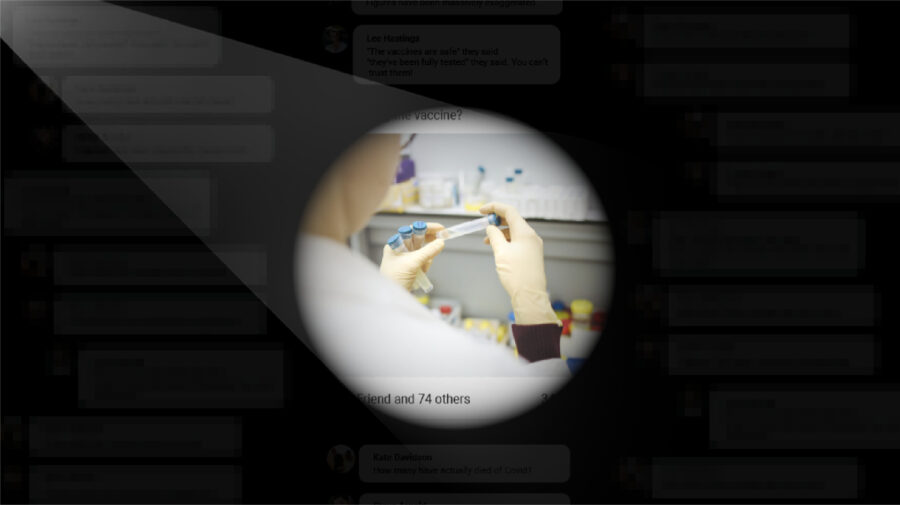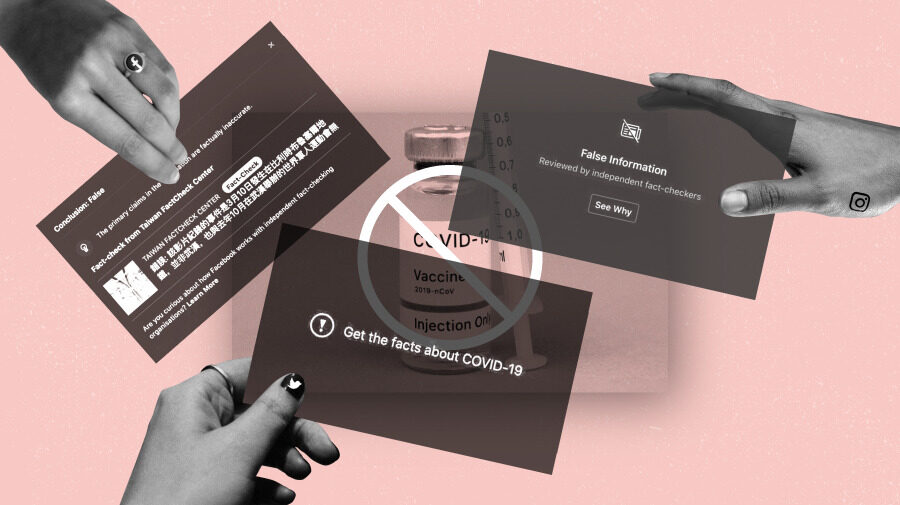In the unease that followed a U.S. election in which voters were bombarded with mis- and dis-information, First Draft pulled together 37 newsrooms, universities, nonprofits and tech companies to fight rumours and fabrications around what was widely perceived to be their next target: the 2017 French presidential election.
That project, which we called CrossCheck, was created with the idea that collaboration between journalists could improve the way they monitor and debunk misleading content, and build trust with audiences. And those assumptions—along with those embedded in the design of our debunks—seemed reasonable enough.
However, the fragility of our modern information ecosystems demands more than just good guesswork.
We at First Draft are increasingly concerned about how coverage of mis- and dis-information can fuel its spread, rather than stifle it. That’s why we’ve devoted ourselves to testing the ideas we bring to our work. And that’s why, when CrossCheck concluded in May, we commissioned professors at University of Toulouse and the University of Grenoble and an independent researcher to conduct dozens of in-depth interviews with CrossCheck journalists and readers.
To our excitement, the feedback from these interviews is overwhelming positive. CrossCheck appears to have gained the trust of a large and politically diverse audience. Participating journalists learned to be smarter about when and how to report on falsehoods, and journalists and readers learned valuable skills for assessing information and its sources.
Download the report here.






